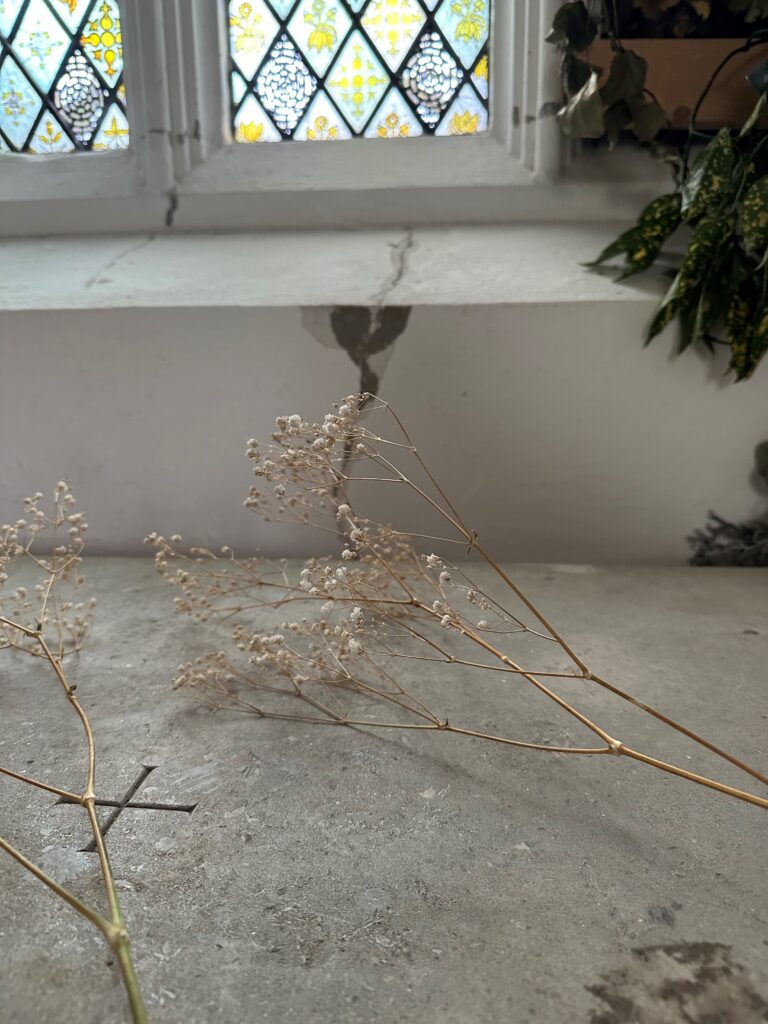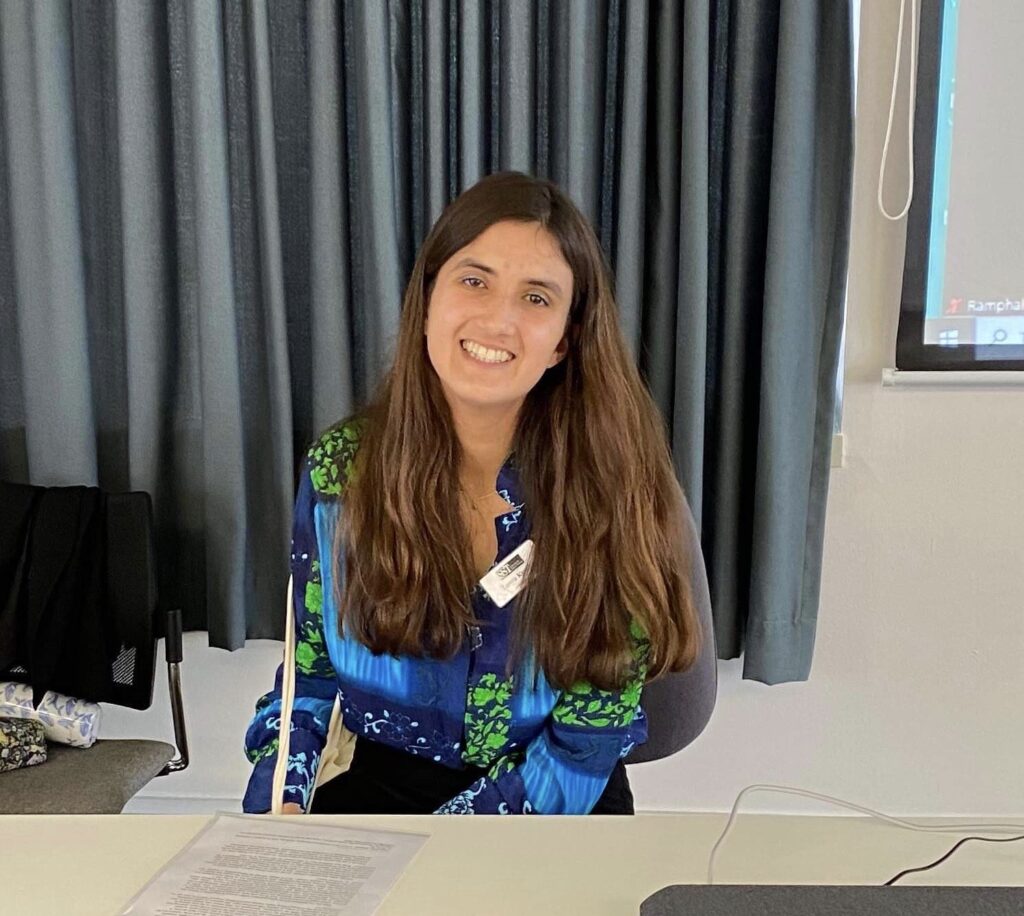
When anyone new asks what I am doing my PhD on, there is generally a slight ripple of laughter around the room as I try and describe the latest development and collection of interlocutors. A kind listener might be in for a long story, another might be in for a bit of a mess as I try and cover a lot of ground very quickly.
Similarly, if anyone were to ask me why I am doing my PhD, or why I switched from English to Theology, they might be in for another multi-faceted story. Part of it involved a convenient footnote four years ago in some secondary literature on devotional poetry talking about radical prophetic women in the 17th century. Part of it involves a long-standing fascination with all questions theological, such that as a child I would try and distract my mother before going to sleep by announcing my confusion about why God didn’t destroy evil just as she turned out the light. Part of it involves a sudden broadening of faith and the way I perceived the world, how I came to terms with and celebrated my queer identity, how I reread Scripture, how I slowly forgave the church I was a part of. Part of it involved learning how to be right and wrong at the same time, in different contexts and to different people, and caring about those people.
During this time of transition and learning, I emerged with an agency over how I interpreted the world, faith, and God that I had never really experienced before. I could change my mind, people could change their minds, and the world did not cave in and swallow me up. There were choices involved in who and what held authority, and where I located trustworthiness. I had moved from the certainty that characterised my childhood faith to something less stable, more fragile, which I had to take responsibility for. I also gave myself the grace to make mistakes in the process, to explore and push boundaries. And I have found, in the midst of this, that I can love God even when I don’t know God, when God takes less obvious forms, and that this might be a new form of knowing.
A lot of my research centres around the fragility of theology, how we take care amidst ambiguity, and how and why we centralise certain people and things. It has been a joy to start understanding how and why my faith has been structured, how doctrines were shaped, and how the lives and experiences of theologians became part of the scaffolding of what we discern as true. It has also been immensely freeing to start reading theology having already been denounced as somewhat heretical, and to be honest in the process that I would prefer to be kind than right, and that compassion takes precedence over coherence.
I have always been drawn to between-spaces, half-expressed things, the kind of truths that slip by as you glimpse them. I have just written an article on T. S. Eliot’s ‘Marina’ (and queer use, and the unwieldy process of forgiveness), partly because the lines ‘Whispers and small laughter between leaves and hurrying feet / Under sleep, where all the waters meet’ have haunted me for years with their quiet, translucent beauty. I would love to articulate the contours of this translucent space, partly because it is a space I have always lived in, a chameleon identity between races and sexualities. It is my hope, as I write the PhD, that we might treat fragile things and spaces with the care they deserve. That if how we talk about God and how we construct doctrine, does not require robustness or coherence to be taken seriously, we might emerge with a richer, more textured theology, full of incongruent people and experiences.
And yet these half-expressed things are different, I think, from a quick appeal to mystery. They exist in space and time, they can be loved, they can be lingered upon and wagered upon. And I think it is important to talk well about our priorities of attention. Why have we chosen our interlocutors? How long do we take risks for? Where do we see authority, and why – and really why? My hope is that spending time examining these questions, whatever we are working on, can help us disagree without arriving at a compromise that inevitably ends up reinforcing the status quo. To find common ground not by softening the edges of our convictions, but by intentionally carving a space with those edges that we can both inhabit, for a time, and from which we can care for the fragility of our world.

Tanya Kundu is a PhD student at the University of Cambridge writing about the fragility of theology, which often involves putting Augustine in conversation with queer and disability theory. She also works part time for the Aspire programme at local charity Romsey Mill, which runs youth groups for autistic children and young people.
